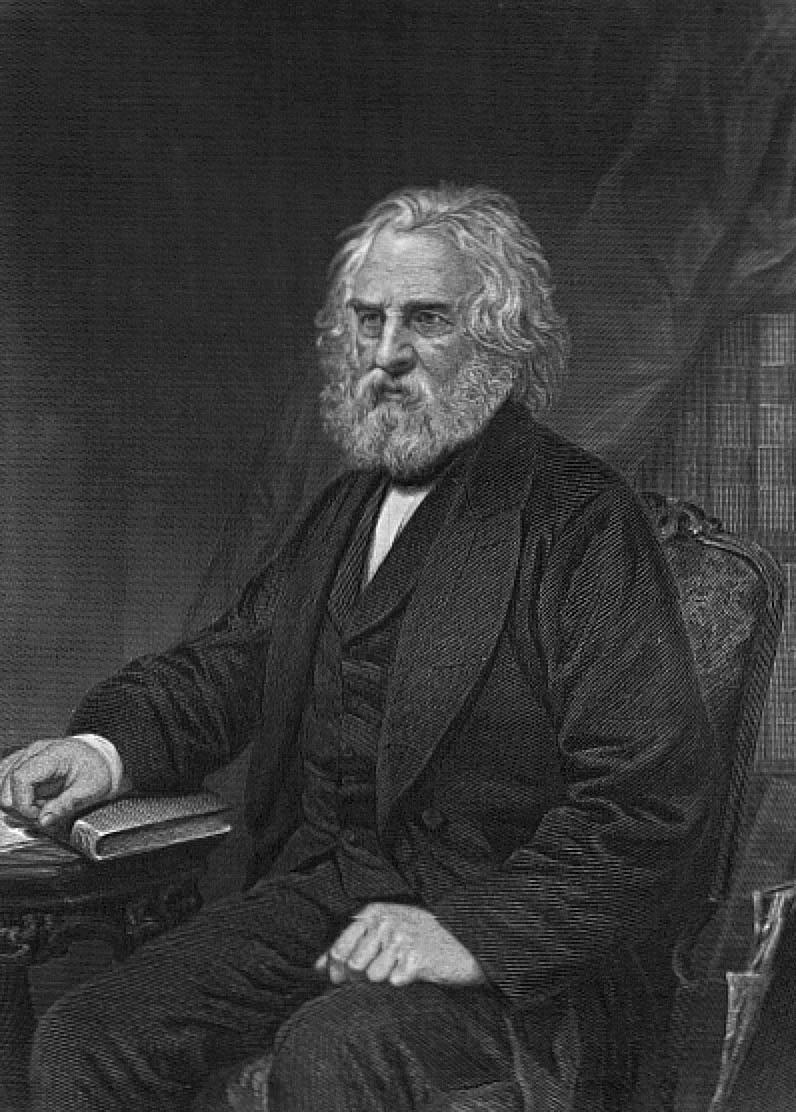It's been quite a while since I wrote a post here on financial matters. In fact, though the US is in the midst of a meltdown and on the cusp of recession, there hasn't been much change in the global situation. It's simply becoming more clear that there are serious problems which are not being addressed. The oil-producing states are more than ever awash in US dollars, but haven't shown inclination to redirect their investment of these dollars in the economies of third-world developing nations. The developing nations haven't reformed themselves enough, in fact, to give the oil-rich nations much inclination to invest in them. The newly-rich nations on whom Americans rely for cheap imports and off-shore contract services -- China and India -- haven't been able to lessen their dependence on export of goods and services to the US. The US hasn't reduced its dependence on foreigners to cover its deficits. And the old industrial nations of Europe continue to suffer from low productivity growth.
It seems obvious that concerted international action is needed to make the changes necessary to bring international imbalances into a new dynamic equilibrium in which the US has greater household savings, reduced importation of oil, and stable export growth; in which China has lower household savings and is finally able to cease artificially enhancing the value of its currency; in which Japan solves its interest-rate problems; in which Europe reduces its government-funded social entitlements; and of course in which economic growth in the third-world is sustained by investments by oil producers. But there's little effort being made, that I can see, toward coordinated action to achieve this obvious set of goals.
A Bloomberg reporter named Rich Miller has put together a neat summary of financial difficulties facing Americans at the moment:
Recession in U.S. Sows Slower Growth, Weaker Dollar. It's too compact to lend itself to summarizing, so just click and read.
Notice that it almost entirely ignores the global implications of US policy. Difficult though our domestic situation may be, it's made that much more difficult by the interconnectedness of the world's economies. There's great risk in policy decisions which ignore this fact of life.
The biggest of these risks is also one of the least likely, at least in the short run. That is the abandonment of the US dollar as the defacto international standard monetary unit. The existence of this defacto standard permits the US Federal Reserve to undermine the value of the dollar by reducing interest rates and helping to rescue the failing financial system. Foreigners -- the oil producers, export giants, and our partners in the Euro-area -- are all hurt by this devaluation. They see this unilateral action as arrogant and selfish, but -- at least this time around -- there's not much they can do about it.
It's a open question what lesson they will learn from it. If they follow the lead of the US and they too behave defensively, protectively, and selfishly, all will lose. They understand this, but circumstances may make it impossible, or maybe just imprudent, for them to act collectively to solve mutual problems. When one economic entity fosters its own economy at the expense of others, its international partners -- all the world's other economic entities -- come under pressure to do the same.
Isn't this what happened when the US adopted protectionism in the 1920s and didn't the world economy then fall apart in the 1930s? I'm not saying the current situation has much in common with that one, but the same sequence of unilaterality could now be disastrous as it was then.
A
book review in the New Yorker calls attention to the need for global ethics. It's germane since world financial polices are a major aspect of these ethics. The book is
The Open Road: The Global Journey of the Fourteenth Dalai Lama by Pico Iyer. Here are extracts from the review:
In his public appearances before English-speaking audiences, he prefers to speak of “global ethics” rather than of the abstruse Buddhist concept of Nirvana. Doubtless he doesn’t want to put off the largely secular middle-class Americans in weekend casuals who crowd Central Park to listen to him, but, as Iyer points out, this is also a reaffirmation of a Buddhist philosophical vision in which all existence is deeply interconnected. Indeed, this notion may be why the Dalai Lama was early to grasp the existential and political challenges of globalized human existence, decades before they were underlined by the disasters of climate change.
“For the first time in history,” Hannah Arendt wrote in 1957, “all peoples on earth have a common present. . . . Every country has become the almost immediate neighbor of every other country, and every man feels the shock of events which take place at the other end of the globe.” Arendt feared that this new “unity of the world” would be a largely negative phenomenon if it wasn’t accompanied by the “renunciation, not of one’s own tradition and national past, but of the binding authority and universal validity which tradition and past have always claimed.” . . . .
As China grows unassailable, it is easy to become pessimistic about Tibet, and to imagine its spiritual leader becoming increasingly prey to fatalism. The Dalai Lama’s retreat from the exclusivist claims of ancestral religion and the nation-state can seem the reflex of someone who, since he first copied out his predecessor’s prophecy, has helplessly watched his country’s landmarks disappear. The bracing virtue of Iyer’s thoughtful essay, however, is that it allows us to imagine the Dalai Lama as something of an intellectual and spiritual adventurer, exploring fresh sources of individual identity and belonging in the newly united world.
Certainly, Arendt’s “solidarity of mankind,” enforced by capitalism and technology, has become, as she observed, “an unbearable burden,” provoking “political apathy, isolationist nationalism, or desperate rebellion against all powers that be.” There are few things that Tibetans lashing out at the Chinese presence in Lhasa today fear more than absorption into the ruthless new economy and culture of China. Iyer’s book makes it plausible that the boy from the Tibetan backwoods may be outlining, in his own frequently Forrest Gumpish way, “a process of mutual understanding and progressing self-clarification on a gigantic scale” — the process that Arendt believed necessary for halting the “tremendous increase in mutual hatred and a somewhat universal irritability of everybody against everybody else.” It is hard to see the Dalai Lama bringing about mutual understanding in the world at large when he has failed to bring it about between China and Tibet. Such, however, are the advantages of being a simple Buddhist monk that he is less likely—indeed, less able—than most politicians to compromise his noble ends with dubious means, even as he, following the Buddha’s deathbed exhortation, diligently strives on.

{Photo source: The New Yorker}

































